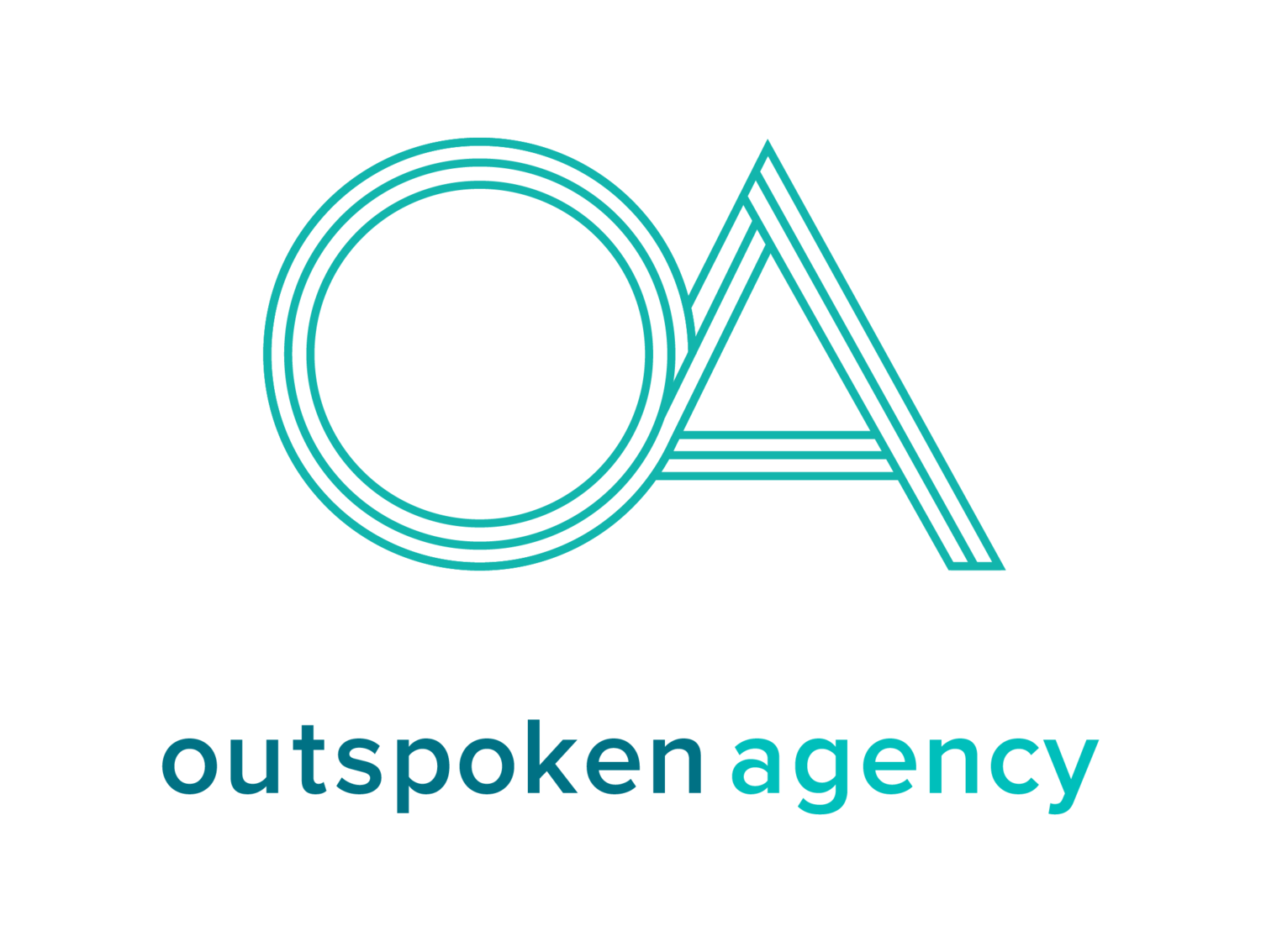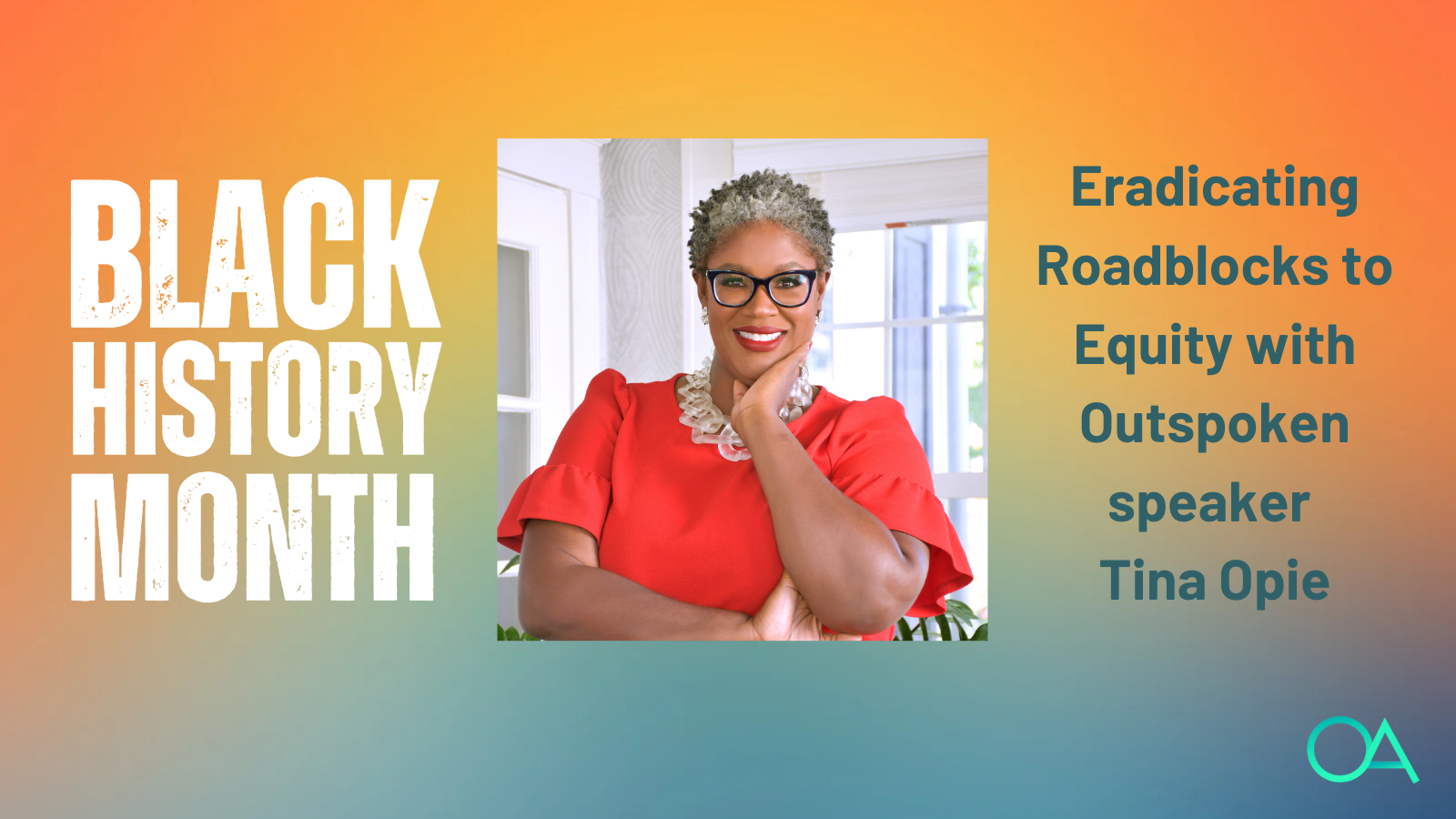Honoring Black History Month: Roadblocks to Equity with Tina Opie
/We’re halfway through Black History Month, but our work should continue long after its end. In our last blog, we reminded our readers that this year, we’re joining millions in celebrating black resistance as we reflect on the ongoing fight for justice and equity.
Outspoken speaker Tina Opie is an award-winning educator and researcher whose trademarked Shared Sisterhood framework has been the catalyst for individuals and organizations to unearth blind spots when it comes to biases and make lasting change, particularly when it comes to overcoming roadblocks to said justice and equity. Her book, Shared Sisterhood, digs deep into those strategies and unpacks actionable steps we can take to be more inclusive at work and at home. And it’s that book that is the groundwork for Tina’s proven strategies for overcoming obstacles to the race and gender-based discrimination that happens at more organizations than you might think.
In a recent interview with McKinsey and Company, Tina talked about eradicating those roadblocks with an actionable plan. Below are some highlights of the interview (but you can read the full article here).
M&C: Why does your book focus on the historically tenuous relationship between Black and White women?
Tina: The historically tenuous relationship between Black and White women is informative for a few reasons. The first is that when we look at Black and White women, they have something in common, which is they’re women. But they also have something that’s differing, which is that they are from different racioethnic categories. At least in the United States, Black people have been historically marginalized. White people have had historical power dominance. That is something that we’ve seen around the world: there are typically groups that have more power or access to resources, and there are groups that have been excluded or prevented from having those resources. In that way, if we can understand some of the principles that elucidate the relationship between Black and white women, we may be able to understand relationships between other groups.
M&C: Why does there also need to be a focus on individuals when trying to solve systemic institutional issues?
Tina: Organizations are composed of individuals who direct, lead, and manage systems. If we were to only focus on individuals, we might end up only talking about things like implicit bias or preference. In contrast, if we only focused on systems, then individuals might look at the system and say, “Oh, my gosh, we’re getting disparate outcomes—the system is not working.” We need to put those two things together. While we reject an “individual-only” solution, we 100 percent recognize it is up to us, as individuals, to be honest and transparent as we interrogate ourselves as well as the systems that we’re managing and running so that we can make sure we dismantle any systems of inequity.
M&C: What is ‘not-here’ syndrome?
Tina: In some organizations, leaders say, “Shared Sisterhood is cool, but we don’t have these issues here.” It’s called not-here syndrome. If you are a leader and you think that these issues, such as racism and sexism, do not exist in your organization, I’m going to encourage you to do what we call dig. If you’re saying that this doesn’t happen in your organization, statistically speaking, that is largely untrue. I would encourage you to dig into what it is that you may be missing—you want to surface your own assumptions.
In the interview, Tina continues to share common institutional roadblocks to equity, including discouraging critical comments, downplaying racial inequities, focusing on processes instead of outcomes, failing to share (and act) on data, and what she calls “the extracurricular penalty,” in which those who are historically marginalized carry the burden of actually bringing the organization forward.
If you’re still looking for a speaker or workshop for Black History Month or the upcoming Women’s History Month, there’s still time to book Tina. Some of her most popular topics include:
Eradicating Roadblocks to Equity
Bias and Blind Spots: Tackling What’s in Plain Sight
Authenticity in the Workplace: The Real Deal
Fostering Authentic Connections at Work
Leader Coaching and Development
Tina’s workshops are unique. She will guide your team through specific steps to understand how common organizational practices may lead to inequities. Most importantly, she offers workable strategies for actually eradicating those inequities. What better way to celebrate both Black History and Women’s History?
Outspoken Agency is a women-owned speaking agency representing leaders, founders, public intellectuals, authors and entertainers for paid keynotes, workshops and panels at in-person and virtual events. Learn more about our female founders here.


